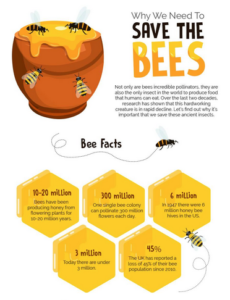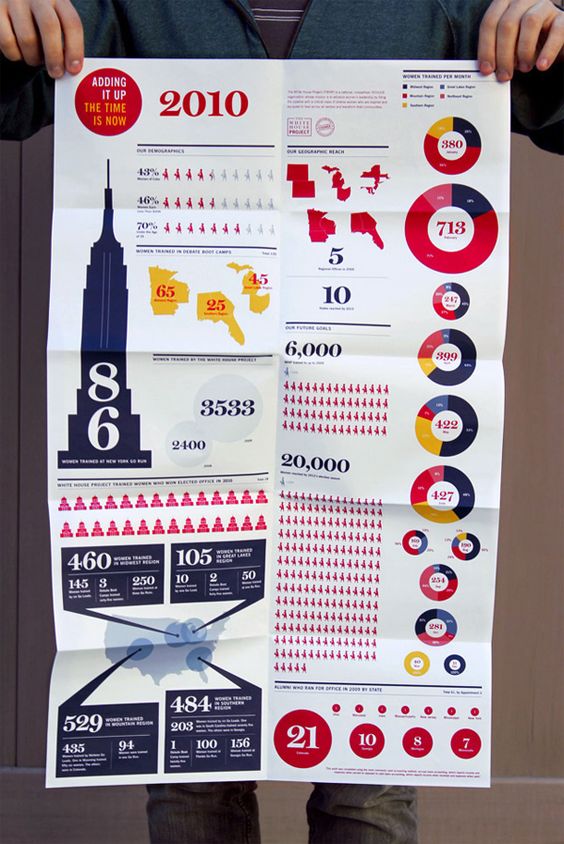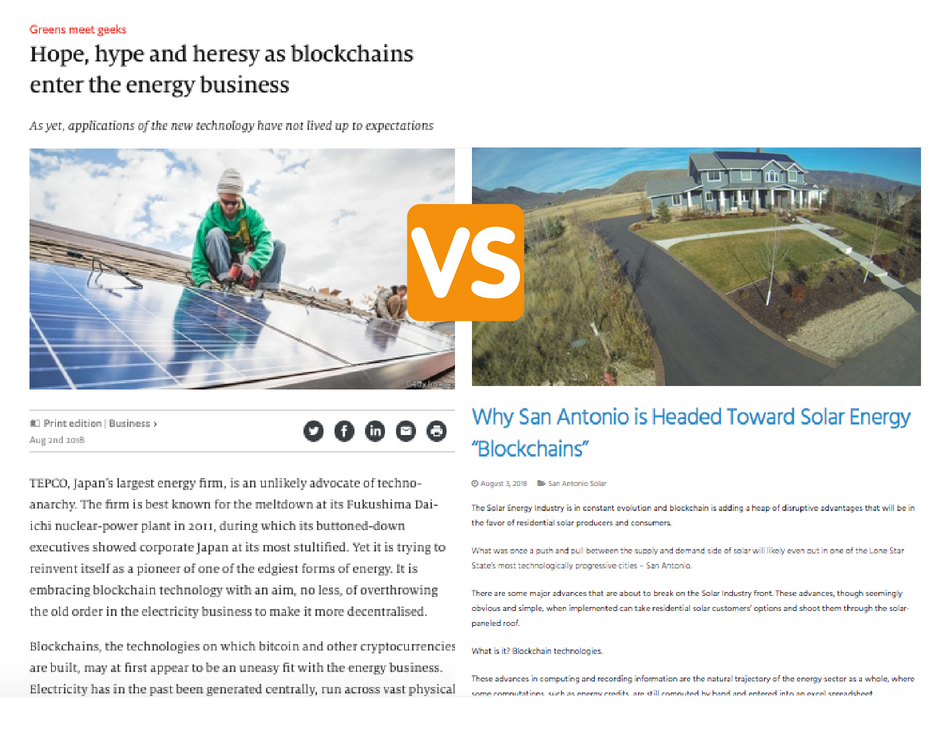Using data in creative ways for Environmental Content Marketing can help sustainable brands shine. The great news is we all have access to unique data. And, even if you’re fully convinced that you have no data of your own, using big data as a marketing strategy is within everyone’s reach to tell a bigger story about an environmental issue we face and the solution your brand brings to the table. Whatever the status of your data collection mechanism, or lack thereof, here are ten ways to use data and deliver helpful, informative information to educate your followers and scale your valuable content.
1. Use Data to Visualize and Tell Your Unique Story
Leverage the data at your disposal to create visually striking and informative representations of your business’ story. These graphics can effectively communicate your brand’s unique perspective and value proposition to your audience.
2. Make a Positive Impact
Use your data as a form of data marketing to educate others and potentially make a life-saving impact. Share data on the life-saving products or services you offer, such as by providing statistics, case studies, or testimonials. This not only helps to inform your audience but can also help to promote your brand and its mission. Use the example of anypest.ca as a reference on how to use data to make a positive impact.

3. Leverage Infographics to Position Your Brand as a Thought Leader
Creating infographics using your own data or relevant industry data can be an effective way to establish your brand as a thought leader. These graphics allow you to present complex data in a visually appealing and easy-to-understand format, which can be highly shareable and help gain trust from your audience. By producing several infographics, you can showcase your expertise and establish yourself as a valuable resource for your audience.
4. Use Data to Facilitate Decision-Making
Organize and present your data in a way that makes it easily accessible and understandable for decision-makers. Develop data-based reports, such as monthly, quarterly, or annual summaries, that showcase the progress and impact of your program, department, business, or movement. This can be a valuable tool for sharing information with agencies, government representatives, customers, and board members. By making your data easily accessible and understandable, you can increase the effectiveness of decision-making processes and promote transparency within your organization.
5. Utilize Factory Seconds Data to Tell Compelling Stories
Leverage any non-confidential data that your business or service collects as a byproduct of operations. This secondary data, sometimes referred to as “factory seconds,” can often provide valuable insights and interesting stories that can be shared with your audience. For example, if you run a non-profit aquarium to reach youth about ocean life and notice fluctuations in the number of people seeking tours at certain times of the year. You can use this data along with other relevant information to try and understand these patterns and share that story with visitors, donors and volunteers. This not only allows you to make use of data that would otherwise go unused, but also provides valuable insights and engages your audience.

6. Leverage Relevant Events to Highlight Your Data
Align your data collection with relevant events to increase visibility and showcase your brand’s expertise. For example, if you operate a solar development business and RE+ is taking place, find a way to tie your data to the event and use it as an opportunity to gain press coverage. This can help to increase the visibility of your business and position it as an expert in the field. By relating your data collection to relevant events, you can increase its relevance and impact, giving more reasons for your audience to pay attention and engage with your brand.
7. Create Interactive Data Dashboards to Highlight Your Impact
Utilize live data to create interactive dashboards on your website that showcase the impact of your business. For example, if you are a manufacturer that promotes home-shored manufacturing plants, you could create a dashboard that updates in real-time every time a plant is transitioned from importing to home-based manufacturing. This helps to educate your audience on the environmental and economic benefits of home-shored manufacturing and positions your brand as a leader in the field, making it easier for the audience to understand the impact of the brand and its mission.

8. Use Data to Create Compelling Written Data-Driven Content
Use your data as the foundation for writing data-driven articles that includes visually appealing graphics and highlights key findings of your metrics. This type of content helps to educate your audience and positions your brand as an expert in the field by providing insights and analysis based on actual data. Additionally, data-driven articles can be a valuable resource for your audience and can increase engagement and trust.

9. Use Annual Reports to Share Progress and Impact
Develop an annual report to share the progress, impact, and achievements of your program, organization, department, or business over the past year. Annual reports are an effective way to communicate the data and information about your business, its industry, and the impact it has made. They can include events, industry data, and business contributions and improvements throughout the year, giving your audience a comprehensive view of your business performance and position. It’s an excellent way to show off your progress and impact and to communicate it to your stakeholders and audience.

10. Use Data to Create Educational “How-to” Guides
Use your data to create informative “how-to” guides based on your industry. These guides not only educate your target audience but also improve your SEO by providing valuable content that aligns with the interests of your audience. Furthermore, creating “how-to” guides based on your data can help to set you apart, establish your brand as an expert in the field, and build trust with your audience. Examples of this can be found in the social justice arena where organizations like the ACLU use data to create guides on how to advocate for civil rights and liberties.
Above all, let your data inspire you to tell meaningful stories, educate your audience, and make a positive impact. Data marketing is an opportunity to use data-driven educational content to inform and engage audiences that need it. By sharing diverse perspectives and universal insights through data-based marketing, we can improve decision-making, strengthen communities, and enhance the well-being of our customers and clients. Remember, the insights and information that data provides can be used to drive positive change and make a meaningful impact. Embrace the power of data to tell compelling stories, educate, and make a difference.
Contact the AR (Always Researching) Team to leverage your data, environmental studies, and other metrics sources to tell compelling stories, educate, and engage your followers. Get a tailored quote.
Save
Save
Save
Save
Save
Save
Save
Save
Save
Save
Save
Save











